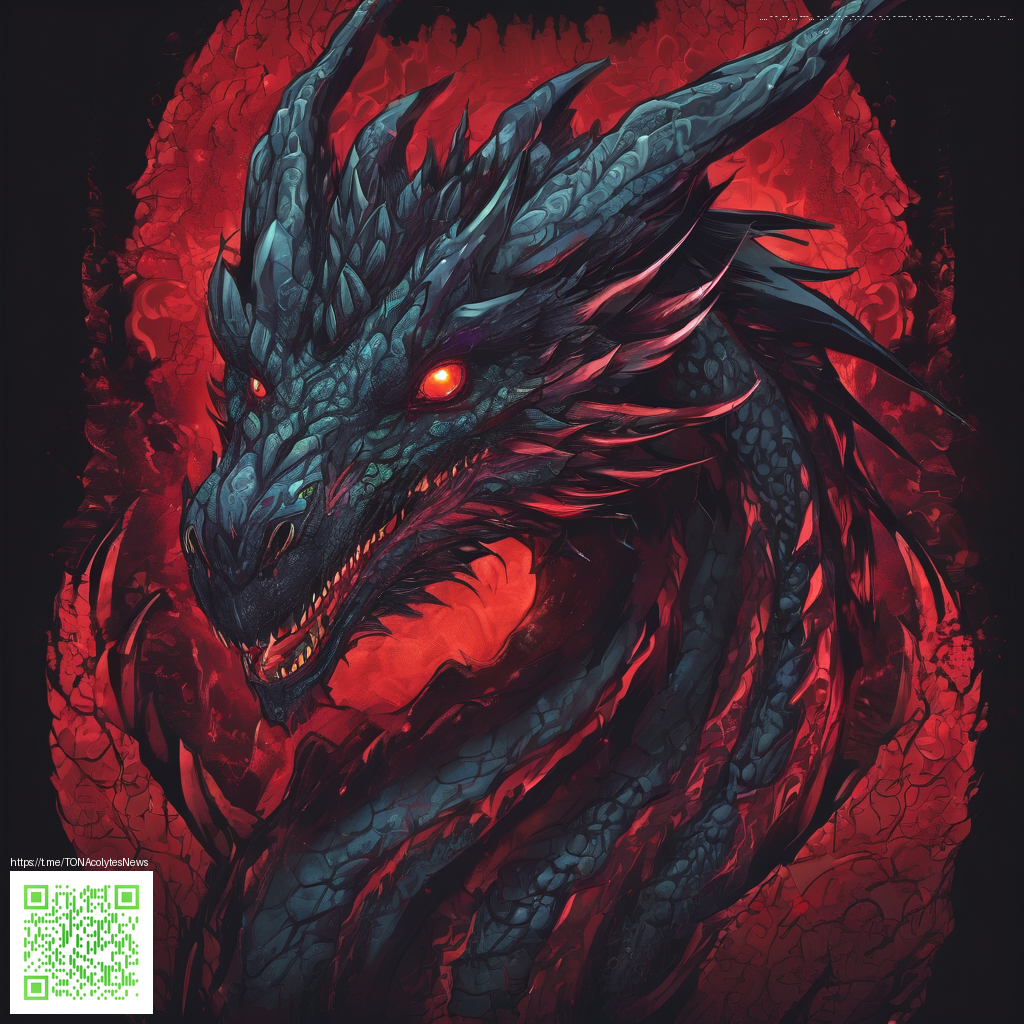
The Stormbound Hitchhiker
Wind hammered the windshield with the force of a hundred drums as I crawled along the midnight highway. The storm wasn’t rain so much as a living thing, curling around the car like a hissing animal waiting to pounce. My headlights carved through the silver veils, and every gust turned the world into a black-gray smear of motion. Then, at the shoulder, there he stood: soaked to the bone, thumb raised with the resigned gravity of someone who has learned to bargain with weather.
I slowed, and the air inside the cabin thickened with salt and rain. The man didn’t smile. He didn’t flinch. He simply slid into the back seat with the quiet of a closed door, hair plastered to his skull, eyes reflecting a storm outside that never seemed to end. “West,” he said, as if the word had a price on it. His voice was a pale thread, barely more than breath and damp wool. “To the west of town, if you please.”
The road hummed beneath us, a raw, thrumming line through the night. The storm pressed in from every window: rain beating the glass, thunder stitching the sky with jagged embroidery. The hitchhiker’s presence clung to the air like damp linen. He offered no name, only a request and a carried stillness that felt almost sacred—as though the weather itself was listening.
The road remembers who crosses it when the rain’s clock strikes midnight; ride with me, and you’ll learn what the storm never forgives.
As we drove, the night grew restless. The dashboard clock rewound by inches, the radio coughed up static that sounded suspiciously like whispers, and the road signs drifted in and out of visibility, rearranging themselves into unfamiliar towns that should not exist. The hitchhiker watched the world go by with a patience that felt almost holy. “Do you hear the thunder counting?” he murmured, and I realized the storm was tallying, marking who had dared to travel when its force peaked.
We reached the old bridge at the edge of nowhere, a skeleton crossing over a river that vanished beneath the mist. He stood, shoulders strict as if he’d practiced this stance in another life, and I felt the weight of something ancient settle into the cabin. “Out there,” he said, “the rain tells the truth about you.” He stepped toward the door, but before his hand could touch the latch, he paused and looked back with eyes that seemed to hold every rainstorm ever broken. “Let me out where the thunder sleeps.”
The moment he vanished onto the rain-skinny road, the car exhaled a breath I hadn’t known I’d held. The coat in the back seat, soaked and strangely warm, fluttered as if a hand had brushed it dry. The river roared, the bridge sighed, and the night settled into a sullen quiet—lulled, almost grateful for a storm that finally allowed itself to be heard.
In the wake of the storm, the road’s memory lingered in my skin. The next time the sky darkens and the windshield fogs, the road will remember me too—perhaps as a traveler no longer waiting for a ride, but as a passenger the storm chooses to keep. Here are the things I learned, written in rain and steel:
- Trust the quiet between thunder and memory.
- When signs shift and a town forgets its own name, listen closely to the wind.
- The storm remembers every rider who asks for passage after midnight.